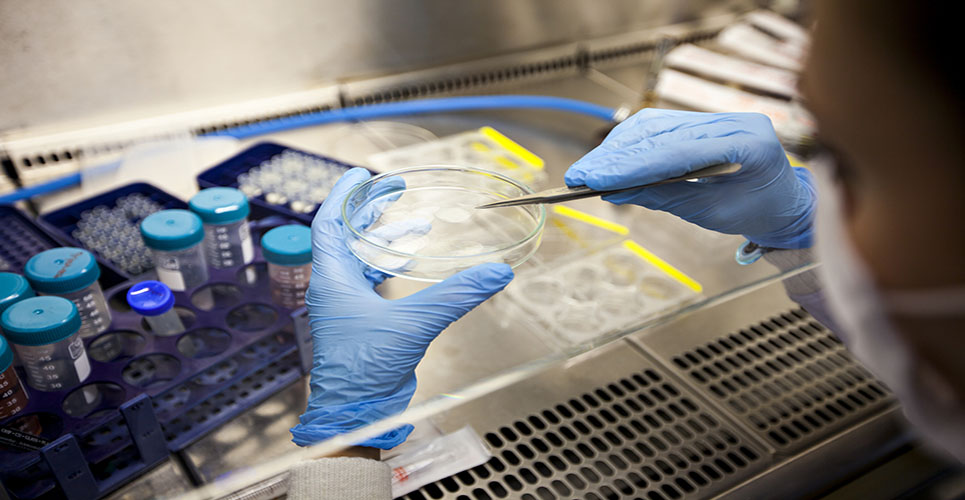teaser
Panacos Pharmaceuticals Inc today described the factors that predict treatment response to bevirimat, a novel, oral HIV maturation inhibitor.
The findings were presented at the 17th International HIV Drug Resistance Workshop in Sitges, Spain, considered the leading conference on HIV drug resistance.
Aggregate data from Panacos’ recent phase IIb clinical study in heavily treatment-experienced patients demonstrated that functional monotherapy with bevirimat resulted in a mean viral load reduction of 1.26log10 in patients who had these response predictors and a threshold bevirimat concentration of 20ug/mL.
The predictors of response to bevirimat are located at three codon positions on the 500-amino acid HIV-1 Gag protein. Bevirimat specifically blocks a late step in processing of Gag, leading to the production of virus particles that are structurally defective and are incapable of spreading infection around the body.

Patients who have the virus with the most commonly occurring amino acids at positions 369, 370 or 371 on Gag are much more likely to respond to bevirimat treatment.
In contrast, those patients whose virus has polymorphisms (variants) at these positions are less likely to respond to the drug.
These retrospective clinical data have been confirmed by multiple laboratory analyses and currently are being tested in a prospective clinical trial in treatment-experienced and treatment-naive HIV patients.
Dr Alan W Dunton, Panacos’ President and CEO, said: “Identifying the specific predictors of treatment response to bevirimat is an important advance. These significant results – in such heavily treatment-experienced patients – should allow us to design bevirimat trials in a way to maximize the chance of a treatment response. These pioneering data are being incorporated into our clinical programs and the design of our phase III registration studies for this first-in-class novel mechanism compound.â€
International HIV Drug Resistance Workshop
